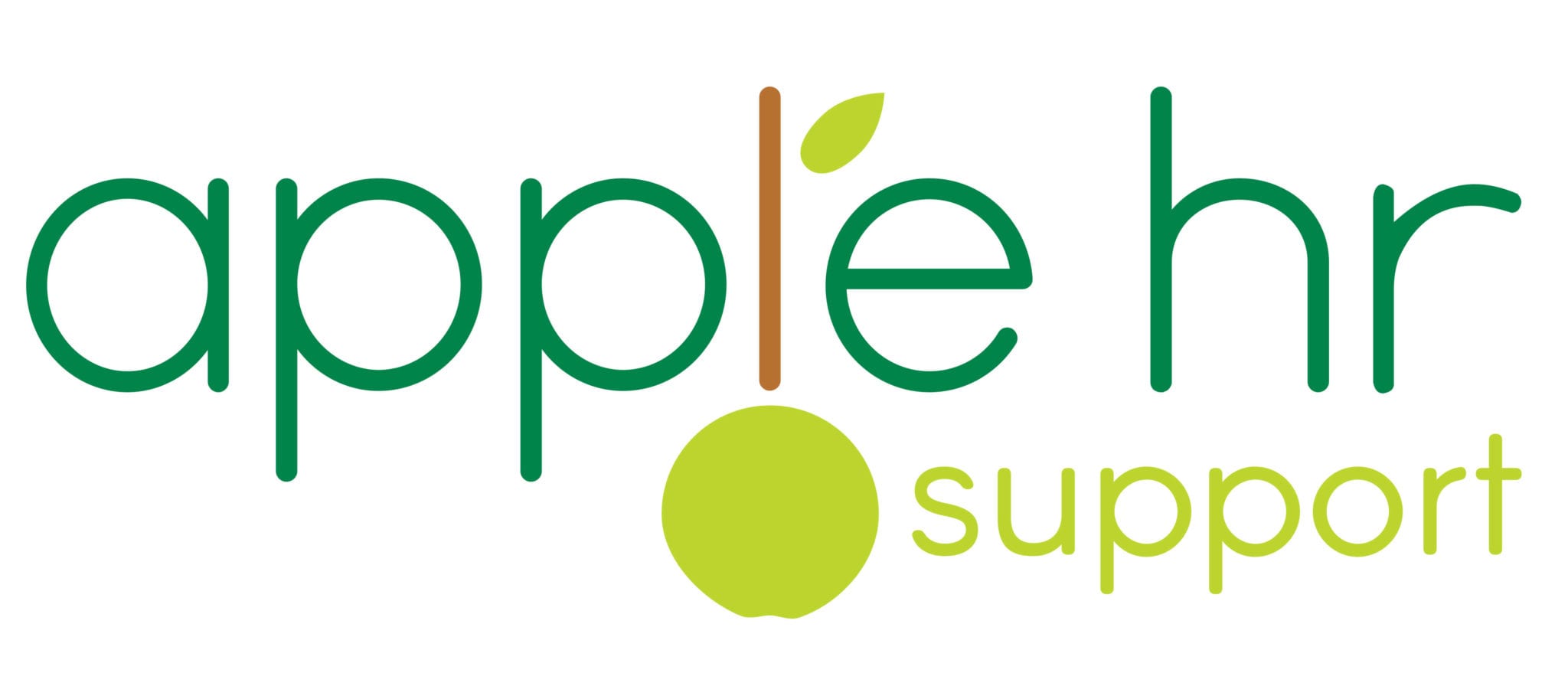This time of year usually sees a flurry of requests from employees to employers for time off over the festive holiday or to carry forward annual leave entitlement to the next calendar year.
This year may see higher levels of unused entitlement, given that a lot of people have had to cancel their holidays due to the Coronavirus pandemic and many have been reluctant to take time off work when they have been working from home with fewer leisure activities to do in their own time.
So, as an employer, are you aware of your legal obligations when it comes to annual leave and carry forward?
Statutory annual leave entitlement
Most workers who work a 5-day week must receive at least 28 days’ paid annual leave a year.
This is the equivalent of 5.6 weeks of holiday. Part time workers will receive a prorated amount of the statutory entitlement and those who work irregular hours are entitled to paid time off for every hour they work.
An employer can choose to include bank holidays as part of statutory annual leave and this should be stated in your Terms and Conditions of employment.
Statutory paid holiday entitlement is limited to 28 days. For example, staff working 6 days a week are only entitled to 28 days’ paid holiday.
Of course, employers can choose to offer more leave than the legal minimum and it is becoming commonplace to see companies offering the option to buy or sell additional holidays as part of a flexible benefits scheme.
The rules that apply to statutory leave do not apply to the extra leave.
For example, an employee might need to be employed for a certain amount of time before they become entitled to it.
COVID-19 Impact on holiday carry forward
Consequences of the pandemic or being furloughed does not affect workers’ entitlement to holiday pay and leave.
However, the government has issued guidance for employers regarding the carry forward of holiday entitlement from 2020.
Workers may be able to carry over untaken leave into the next 2 years if they have been unable to take it because their work is affected by coronavirus, for example:
- they need to provide cover for their co-workers and have no other opportunity to take holiday in their leave year
- there will be staff shortages if too many workers take their leave before the end of the leave year
- they’re classed as key workers, such as healthcare or supermarket workers
In these instances employers should look to review their policies and communicate their plan with employees in good time.
Employers can require their staff to take leave at designated times. In this case employers must give twice the amount of notice as the leave they want their staff to take.
It’s important to note that if a worker has been able to take leave during the year, the standard rules for carrying over leave still apply.
If you require any further advice or support on how to handle your annual leave policy, don’t hesitate to get in touch: janet@applehr.co.uk



